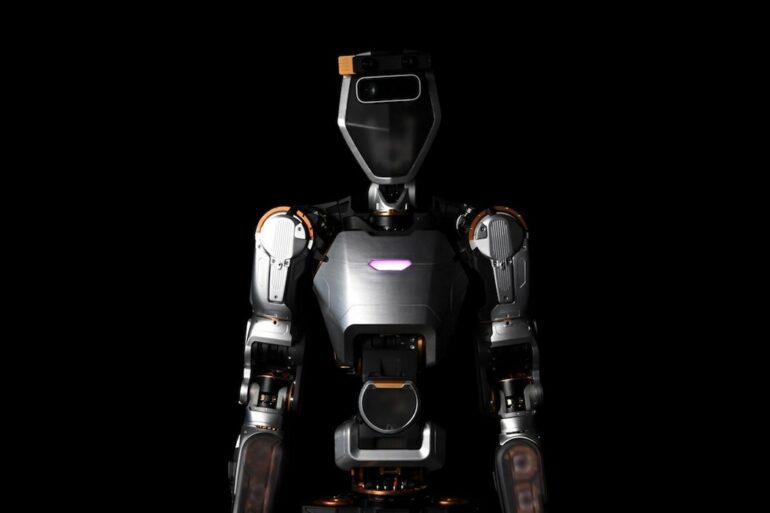Canadian tech companies Sanctuary AI, RainStick, Li-Metal, and Naqi Logix, have had their solutions named to TIME’s Best Inventions of 2023 list.
TIME’s editors and correspondents submitted nominations for the annual best inventions list, and solutions were categorized by sector, such as artificial intelligence (AI), green energy, and sustainability. This year’s list features 200 inventions: Canadian solutions were named among inventions like OpenAI’s GPT-4, Spotify’s AI DJ, and Apple’s Vision Pro mixed-reality headset.
Sanctuary AI began piloting its Phoenix robots with customers earlier this year.
Vancouver-based Sanctuary AI aims to create the world’s first human-like intelligence in general-purpose robots. TIME specifically recognized the company for its sixth-generation general-purpose robots, named Phoenix, which feature human-like intelligence and a humanoid physical form that is specifically designed to perform work tasks.
Earlier this year, Sanctuary AI began piloting its robots with Canadian Tire-owned Mark’s and also revealed its ecosystem of technology partners, which includes companies like Apptronik, Cycorp, Exonetik, and HaptX. The startup has raised more than $100 million in funding since its launch in 2018.
RainStick, another Canadian company named to TIME’s list, offers a WiFi-enabled circular shower for both residential and commercial spaces aimed to reduce water and energy waste. The startup claims that its device leads to 80 percent water savings, up to 80 percent energy savings, and double the standard flow rate compared to traditional shower heads.
RainStick was founded in British Columbia in 2019 by husband-and-wife duo CEO Alisha McFetridge and CTO Sean McFetridge, and raised a $1-million seed financing round in 2021.
RELATED: RainStick Shower, HyIvy Health awarded collective $100,000 at Winter 2020 Fierce Founders Bootcamp
Vancouver-based Naqi Logix was also recognized by TIME’s list for its neural earbud technology, which uses gyroscopic, muscle, and brainwave sensors to give users hands-free control of digital devices.
According to TIME, Naqi Logix was founded after co-founder and CIO David Segal saw a close friend experience an injury that resulted in quadriplegia. Naqi Logix says its device, which is still in development, could be used not only in e-sports and flight simulation, but also enhance the lives of wheelchair users and those requiring assistive technology.
Toronto-based Li-Metal, which develops lithium metal anode and lithium metal production technologies, also cracked the list for its lithium metal technology. The company claims its metal anodes are critical for the production of next-generation lithium batteries.
“Li-Metal’s breakthrough uses a molten salt bath to convert lithium carbonate (far more abundant than chloride) into lithium metal, which can be used to build next-generation batteries that power air taxis, drones, and long-range EVs,” TIME said of the company.
Image source Sanctuary AI.


